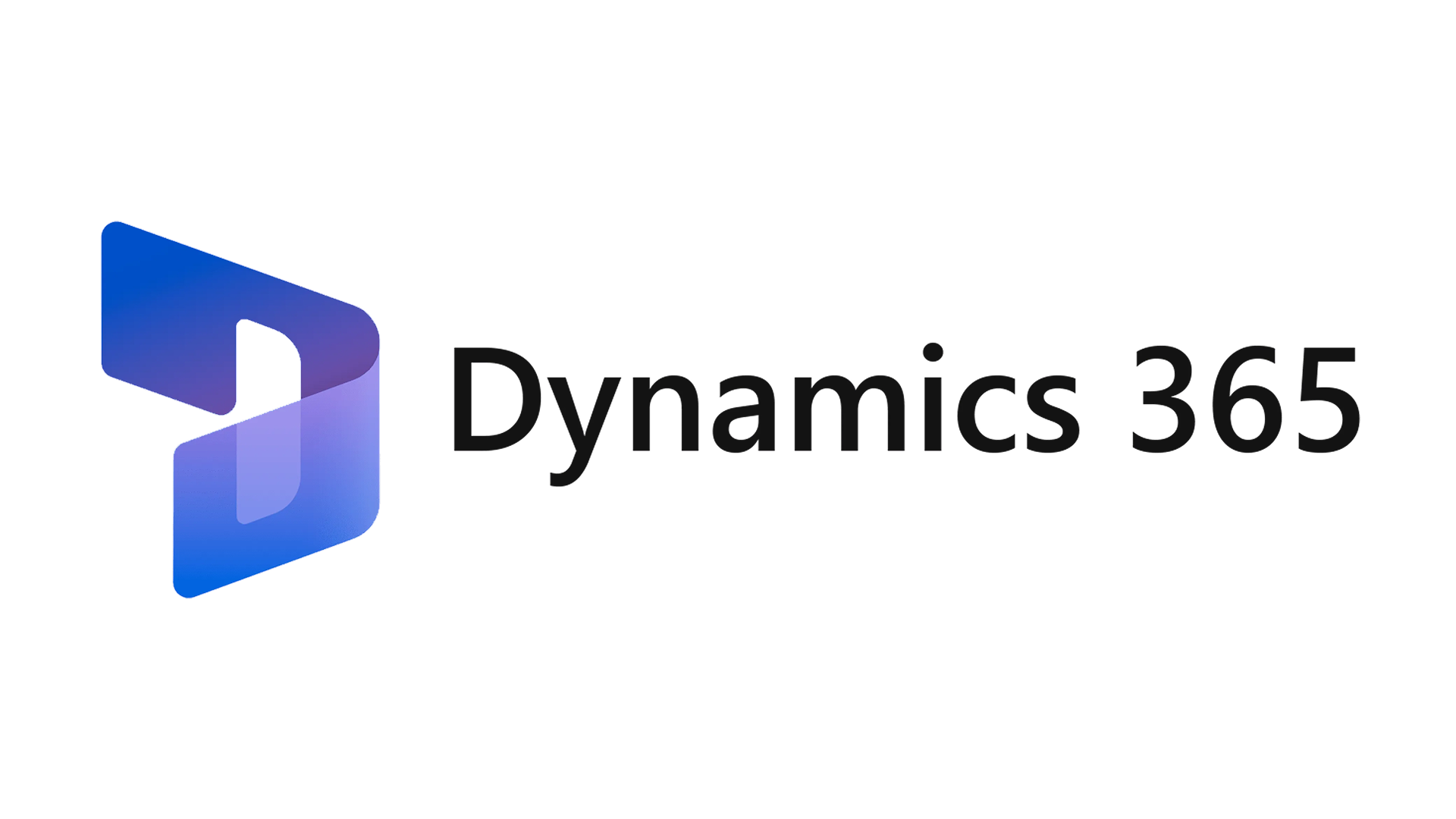
Smarter Business Starts with Custom ERP Software in 2025
Software Development
August 12, 2025
8
minutes
.png)
About the project
It is a long established fact that a reader will be distracted by the readable content of a page when looking at its layout. The point of using Lorem Ipsum is that it has a more-or-less normal distribution of letters, as opposed to using 'Content here, content here', making it look like readable English.
Video styles
Industries
Services
Our involvement
Storyboarding
Commercial Production
Dedicated Project Manager
Dedicated Project Manager
Dedicated Project Manager
Typically takes 15 minutes
TL;DR
ERP software development empowers businesses to integrate and automate their core business processes, from supply chain management and inventory management to financials, human resources, and customer relationship management. ERP stands for enterprise resource planning. A custom ERP system helps eliminate data silos, streamline operations, and support data-driven decision-making through a unified platform tailored to your business needs.
Whether you’re working with legacy systems, scaling operations, or aiming for regulatory compliance, a well-developed ERP solution offers operational efficiency, real-time insights, and long-term scalability. Unlike off-the-shelf ERP software, custom ERP development gives you full control over features, integrations, and the ERP modules you truly need, saving time and reducing manual errors.
This guide covers the entire ERP software development process: requirement analysis, data migration, ERP implementation, and ongoing technical support. We also discuss the benefits of cloud-based ERP solutions, how to integrate your existing systems, and what to expect regarding investment and ROI.

In a world where speed, accuracy, and agility define success, companies are ditching outdated systems in favor of custom ERP software to manage their operations. An ERP system is an integrated platform for managing large amounts of data in production and supply chains. They offer end-to-end visibility and unmatched operational efficiency, from customer relationship management (CRM) and supply chain management to financial management, human resources, and inventory control.
What Is ERP Software Development?
Custom ERP software development focuses on building a solution aligned with your business processes and goals. Unlike generic ERP platforms offering one-size-fits-all functionality, a custom ERP system is engineered to accommodate unique workflows, industry-specific needs, and integration with existing systems. Developing a custom ERP system requires significant investment, technical expertise, and specialized competencies.
The development process begins with in-depth discovery sessions to identify pain points in your current software systems. This includes understanding how departments collaborate, how data is stored and retrieved, and what inefficiencies exist. Proper planning during the project discovery phase can prevent costly changes later in the ERP development process.
Whether replacing a legacy system or enhancing an existing ERP system, the goal is to create a streamlined, scalable foundation for operational success. Custom ERP software gives businesses complete control over ERP modules such as financial management, human resource management, project management, inventory control, and more.
10 Steps in ERP Software Development
Here are the main steps that define ERP software development:
1. Requirement Analysis
Understand the organization's business needs, identify gaps in the existing ERP system or legacy systems, and define the scope for a custom ERP solution.
2. Business Process Mapping
Analyze and document core business processes, like inventory management, financial management, and supply chain operations, to ensure alignment with the ERP functionality.
3. System Architecture & Design
Decide between an on-premise or cloud-based ERP solution, outline the software system architecture, and design intuitive workflows for each module.
4. Build the System
Begin building tailored ERP modules (such as customer relationship management, human resource management, etc.) that match your business functions and integrate with other systems.
5. Data Migration Planning
Develop a secure plan to transfer business data from legacy systems or disconnected tools into the new custom ERP software while maintaining integrity and accuracy.
6. Integration with Existing Systems
Ensure seamless ERP integration with tools like CRMs, payroll, or inventory software to eliminate data silos and create a unified platform.
7. Testing and Quality Assurance
Conduct thorough testing and QA, including functional testing, performance testing, and user acceptance testing (UAT), to validate that the ERP software meets user expectations.
8. ERP Implementation
Deploy the new ERP system across the organization in phases, minimizing disruption and ensuring a smooth transition from older systems.
9. User Training and Documentation
Provide in-depth user training and supporting materials so employees can confidently adopt the system and leverage its full ERP functionality.
10. Post-launch support and Optimization
Offer continuous technical support, monitor performance, and adapt the system as your business processes evolve, ensuring long-term ROI and operational efficiency.
What Is an Example of ERP Software?
When exploring ERP software development, it’s helpful to understand what real-world ERP systems look like. One widely used example is Microsoft Dynamics 365, a powerful, cloud-based ERP solution that combines enterprise resource planning with customer relationship management tools.
It’s designed to unify data and automate core business processes across finance, supply chain, sales, customer service, and human resource management. Dynamics 365 is particularly popular among mid-size to large enterprises because it offers a flexible, modular approach, meaning businesses can implement only the ERP modules they need and scale as they grow.

This kind of custom ERP software provides deep integration capabilities, user-friendly dashboards, and compliance features that make it ideal for companies with complex or highly regulated business operations.
Other notable examples of enterprise resource planning software include SAP S/4HANA, Oracle NetSuite, and Odoo. Each platform caters to different industries and use cases, offering varying degrees of customization, cloud support, and built-in data management tools.
Choosing the right one depends on your existing system, budget, and specific business needs, or whether you’re better served by developing a fully custom ERP system tailored from the ground up.
11 Benefits Of Custom ERP Solution
Here are some reasons that organizations switch to custom ERP software development:

1. Automation
One of the most significant advantages of ERP system development is its ability to automate core business processes, enabling organizations to do more with less. Automating repetitive tasks, such as invoicing, payroll, or order tracking, frees up your teams to focus on strategy and customer engagement.
2. Progress Visibility
In addition, a custom ERP solution enhances real-time visibility across departments. When financial data, supply chain updates, and customer interactions are accessible in one interface, leaders can make better, faster decisions based on accurate business data.
3. Regulatory Compliance
Another major benefit lies in regulatory compliance. Industries such as healthcare, manufacturing, and finance face strict standards, and ERP software can be configured to ensure your processes are always in line with changing rules and audits. This not only reduces risk but also boosts stakeholder confidence.
4. Scalability
As your business grows, so should your systems. An ERP software development company ensures your platform scales with you, whether you're expanding operations, entering new markets, or onboarding more users. You won't outgrow your ERP; it evolves alongside your business needs.
5. Data Accuracy
ERP platforms consolidate business data into a single source of truth. By eliminating duplicate data entry and manual errors, they significantly improve accuracy across reporting, forecasting, and compliance documentation.
6. Enhanced Collaboration
ERP software breaks down departmental silos by enabling better cross-functional collaboration. When teams, from sales to supply chain, operate within a unified system, communication is faster, more transparent, and more effective.
7. Cost Efficiency
Though ERP implementation can be a significant investment, the long-term cost savings are substantial. Automation, reduced errors, improved inventory control, and faster workflows all contribute to a leaner, more efficient operation.
8. Better Customer Experience
With real-time access to customer data, order history, and service status, your team can deliver more personalized and timely support. ERP integration with CRM tools enhances responsiveness and boosts customer satisfaction.
9. Inventory Optimization
ERP systems offer real-time inventory tracking, forecasting tools, and automated stock level alerts. This leads to fewer stockouts, lower holding costs, and more strategic purchasing decisions.
10. Strategic Decision-Making
With centralized data and built-in analytics, ERP platforms enable smarter decision-making. Executives can track KPIs, identify trends, and make proactive business moves based on live operational insights.
11. Competitive Advantage
Finally, a well-implemented ERP system offers a serious edge over competitors still relying on disconnected tools and manual processes. It streamlines operations, accelerates response times, and empowers teams to focus on innovation rather than admin.
Essential ERP Integrations to Prioritize in 2025
There are some noticable trends taking place in the ERP software development process. Here's what you'll need to integrate to your software in 2025:
1. AI & Predictive Analytics
Incorporating AI-powered analytics transforms your ERP into a proactive tool, anticipating supply chain disruptions, optimizing financial forecasting, and automating routines like invoicing and data entry. Start small with pilot projects and scale gradually for smarter operations.
2. Hybrid & Multi-Cloud Architecture
Embrace a hybrid or multi-cloud ERP solution to enjoy enhanced scalability, performance, and security. This setup supports real-time data processing from edge devices and enables flexible ERP-as-a-Service options.
3. Industry-Specific Customization
Use plug-and-play industry modules that integrate compliance settings and workflow structures tailored to your sector, whether healthcare, manufacturing, or finance. These customizations streamline your adoption and improve regulatory compliance.
4. Blockchain for Security & Traceability
Add blockchain modules to protect sensitive transactions in procurement, finance, and supply chain. Immutable ledgers can significantly reduce fraud and enhance auditability across distributed workflows.
5. IoT & Edge Computing Integration
Connect IoT sensors directly to your ERP to enable real-time tracking of assets, inventory, and equipment performance. This empowers better production planning, supply chain visibility, and proactive maintenance.
Integrating these cutting-edge capabilities not only ensures your ERP remains future-ready but also delivers tangible benefits: improved operational efficiency, stronger data-driven decision-making, faster responsiveness, and stronger compliance frameworks.
Ready to build your custom ERP system?
Creative Frontiers provides expert ERP software development services, making it a leading choice for organizations. Here's what we offer:
- Industry-specific ERP expertise tailored to your sector
- Seamless modernization of legacy systems
- Full-cycle custom ERP software development
- Smart integration with existing systems and platforms
- ERP solutions built for measurable business impact
Book a meeting with Creative Frontiers or call +1 202 630 7614 to get started!



%20%2B%2010%20(For%20EEI).png)

.png)





